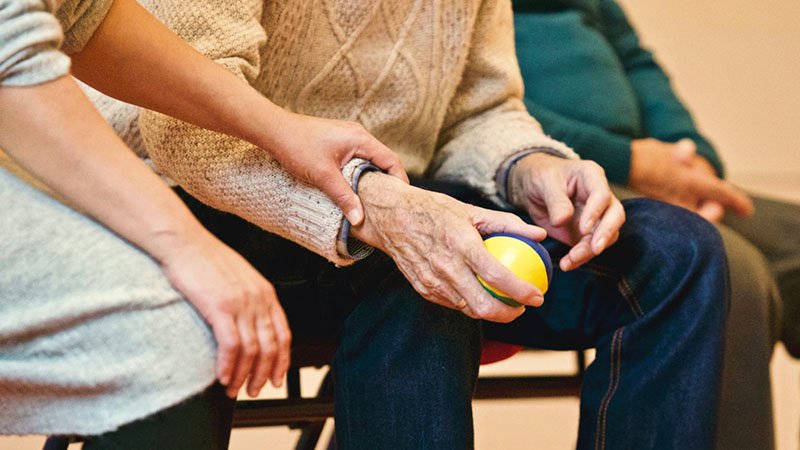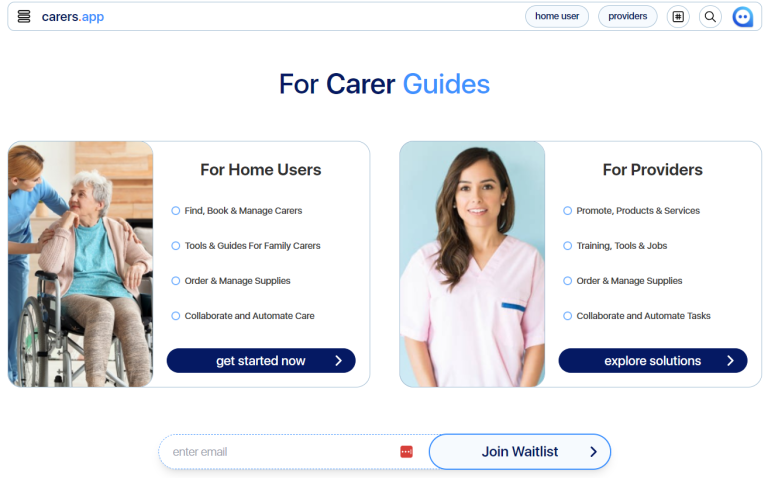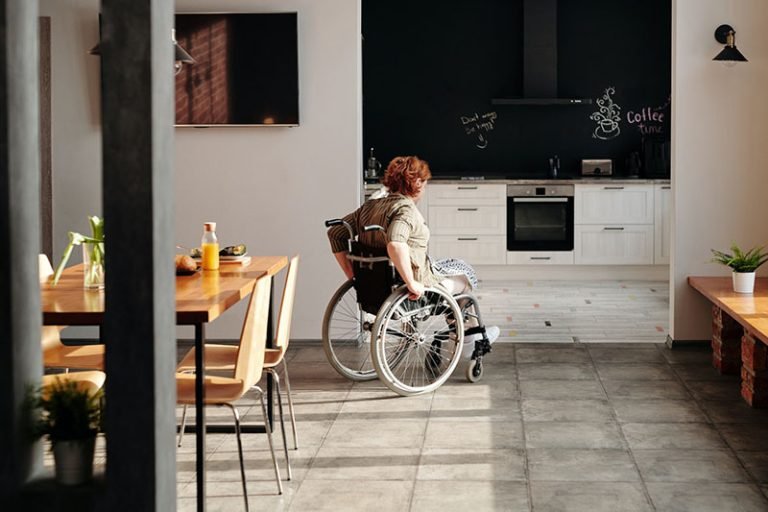Family Carer Basics
Introduction
Family carers are people who provide care and support to a loved one who is unable to care for themselves, due to illness, disability or old age. Family carers can play a vital role in their loved one’s life, providing companionship, emotional support and practical assistance.
What does it take to be a family carer?
There is no one-size-fits-all answer to the question of what it takes to be a family carer. However, most family carers share some common qualities, including:
- Compassion and empathy: Family carers need to be able to understand and empathize with the person they are caring for.
- Patience and understanding: Caring for someone with a chronic illness or disability can be challenging, so family carers need to be patient and understanding.
- Flexibility and adaptability: Family carers need to be flexible and adaptable, as their loved one’s needs may change over time.
- Strength and resilience: Caring for someone can be physically and emotionally demanding, so family carers need to be strong and resilient.
5 important sub-topics
- What are the different types of family carer roles?
There are a wide range of family carer roles, depending on the needs of the person being cared for. Some common family carer roles include:
- Providing personal care (bathing, dressing, grooming)
- Helping with mobility and transfer
- Managing medication
- Preparing and serving meals
- Helping with household chores
- Providing emotional support and companionship
- How to manage the challenges of being a family carer
Caring for a loved one can be challenging, both physically and emotionally. It is important for family carers to manage their stress levels and to take care of their own health and well-being.
Here are some tips for managing the challenges of being a family carer:
- Ask for help: Don’t be afraid to ask for help from family, friends, or professional carers.
- Take breaks: It is important to take breaks from caring to rest and recharge.
- Look after your own health: Make sure you are eating healthy foods, getting enough sleep, and exercising regularly.
- Join a support group: Joining a support group can be a great way to connect with other carers and share experiences.
- What resources are available to support family carers?
There are a number of resources available to support family carers, including:
- Government support: The government provides a range of support services for family carers, such as financial assistance and respite care.
- Non-profit organizations: There are a number of non-profit organizations that provide support services for family carers, such as counseling and advice.
- Online resources: There are a number of online resources available to support family carers, such as forums and support groups.
- How to balance caring for a loved one with other commitments
It can be challenging to balance caring for a loved one with other commitments, such as work and family. Here are some tips:
- Plan your time: It is important to plan your time carefully to ensure that you have enough time for all of your commitments.
- Set boundaries: It is important to set boundaries between your caring role and your other commitments. This means saying no to requests that you do not have time for or that will jeopardize your own health and well-being.
- Delegate tasks: If possible, delegate tasks to other family members, friends, or professional carers. This will free up your time so that you can focus on caring for your loved one.
- How to care for yourself as a family carer
It is important for family carers to take care of themselves, both physically and emotionally. Here are some tips:
- Eat a healthy diet: Eating a healthy diet will give you the energy you need to care for your loved one.
- Get enough sleep: Getting enough sleep will help you to cope with the demands of caring.
- Exercise regularly: Exercise is a great way to reduce stress and improve your overall health and well-being.
- Spend time with loved ones: It is important to make time for yourself and to spend time with loved ones who can provide you with support and companionship.
Conclusion
Being a family carer can be challenging, but it can also be incredibly rewarding. If you are considering becoming a family carer, I encourage you to do your research and to seek support from others.
Courage to family carers
If you are already a family carer, I want to thank you for the amazing work that you do. You are making a real difference in the life of your loved one.
Here is a quote from the Dalai Lama to give you courage:
“Compassion is the radicalism of our time.” – Dalai Lama
This quote is a reminder that compassion is not a passive quality. It is a powerful force for change that can make the world a better place.
As a family carer, you are putting compassion into action every day. You are providing care and support to your loved one, even when it is difficult. You are making a real difference in their life.
I know that there are times when you may feel discouraged or overwhelmed. But I want to encourage you to keep going. You are doing important work. You are making a difference.
Here are a few tips to help you stay strong and compassionate:
- Remember why you are caring. What does your loved one mean to you? What difference are you making in their life?
- Focus on the positive. Make a list of all the things you are grateful for, both big and small.
- Take care of yourself. Make sure you are eating healthy foods, getting enough sleep, and exercising regularly.
- Ask for help when you need it. Don’t be afraid to reach out to family, friends, or professional carers for support.
You are not alone. There are many people who care about you and support you. Please know that you are making a difference. Thank you for being a family carer.



